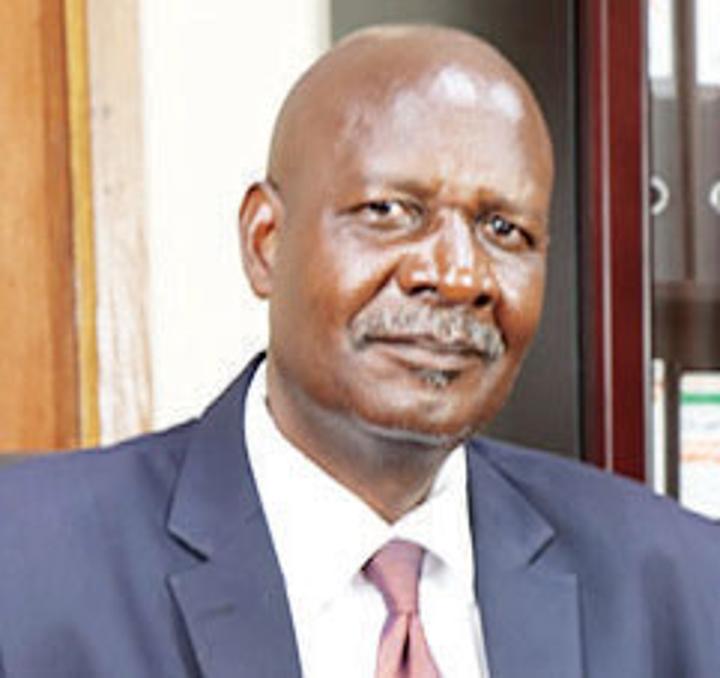Africa-Press – Malawi. From smuggling a bill to Parliament to some authorities dissolving a company they do not own to departments deliberately sidestepping procurement procedures, government officials seem to be perfecting the art of cutting corners. What does this say about the quality of leadership for the country?
Malawi is suffering a crisis of leadership – as demonstrated by some government officials, often driven by selfish and political interests, feeling they have the licence to ignore laid down procedures and walk away with their sneaky decisions.
This is the view of experts, in the face of a number of staggering corner-cutting moves government officials have undertaken. The moves, the analysts say, show that the centre in the various departments is not holding and that Malawi is reeling from having had only transitions without transformation.
Over the past two years, the Tonse Alliance administration has made some dramatic decisions – procedure- or law-defying in some cases and disregarding hierarchy in others.
For instance, in July 2021, there appeared on Order Paper a bill asking parliamentarians to allow the government to borrow over K98 billion from European Union to finance construction of houses for security agencies such as Malawi Defence Force, Malawi Police Service and Malawi Prisons.
It emerged that the bill had been smuggled on to the Order Paper without the knowledge of the Leader of the House who is in charge of government business and the then Minister of Finance, among others, as key stakeholder in the management of loans.
President Lazarus Chakwera ended up firing his special advisor on special duties, Martin Thom, for allegedly single-handedly smuggling the bill into the August house.
Thom was later arrested, alongside former Ministry of Finance Debt and Aid Management director, Nations Msowoya over the bill which was pushed on the Order Paper for July 9, 2021.
In May this year, former Minister of Agriculture Lobin Lowe announced the closure of the Agriculture Development and Marketing Corporation (Admarc), consequently sending its staff on paid leave. Lowe said the move was necessitated by the continued corruption and poor performance of the struggling parastatal.
But when he appeared before the joint parliamentary committee this week, Macdonald Mafuta Mwale, Secretary for Treasury which owns 99 percent stake in Admarc, said his office was not told anything about the decision.
“No formal procedures were followed in the process of closing Admarc and even after the [former] minister’s announcement, no formal communication was made to my office,” he said.
Then there is also the issue of the K750 million which government was duped of in an Affordable Inputs Programme deal. The government paid the money to United Kingdom firm, Barkaat Foods Limited, which it had contracted to buy fertiliser on its behalf.
It has emerged that in a blatant breach of procedures, no tender was floated in effect to the contract, Treasury was bypassed in the decision and Public Procurement and Disposal Authority (PPDA) and the Anti-Corruption Bureau (ACB) were never consulted.
This is despite the fact that the law requires that all high-value public contracts and single-source procurements undergo an integrity and compliance scrutiny by the ACB and Government Contracting Unit.
In his interpretation of these developments, governance analyst Makhumbo Munthali said these are typical signs of a broken system. According to Munthali, such kind of decision-making will continue to be sustained on account of vested selfish political and bureaucratic interests dominating governance in Malawi.
“It clearly shows that we have had transitions but without transformation,” he said.
Charles Kajoloweka of Youth and Society, a governance watchdog, said some office bearers could be feigning ignorance of the decisions made in their court for fear of being accountable.
Kajoloweka said the institutional leadership crisis when things go wrong. Instead, the whip goes to political leadership who most of the times are figureheads, he said. country has paid a blind eye to
“Also, the fact that someone was not aware of such transactions is a demonstration of incompetence.
“The sad part is that we have tolerated mediocrity and consequently failed to punish incompetence and these dubious activities. In that regard, everybody feels incentivised to continue with these illicit activities,” he said.
For Mustapha Hussein, these occurrences are a demonstration of crisis of leadership in government departments and agencies to enforce laid down procedures.
“As a result,” he said, “people easily bypass procedures, ignore what is expected of them because they know, especially those that have political connections, that they will not be sanctioned, that nothing will happen to them… they are untouchables.”
He said these acts of negligence are caused by among others political interference, administrative inefficiencies, weak law enforcement and carefree leaders.
Government spokesperson Gospel Kazako said however that Capital Hill is happy thus far because, according to him, these underhand dealings are coming out due to government’s strategy to check them.
“It is as a result of our strategy that there is steady unearthing of dirt and rabble. We are not surprised. We are happy because our strategy is bearing fruits,” he said.
He said corruption and abuse of public resources has been a culture and a norm. “That’s why there is resistance by those who are badmouthing this government,” he said.
For More News And Analysis About Malawi Follow Africa-Press






